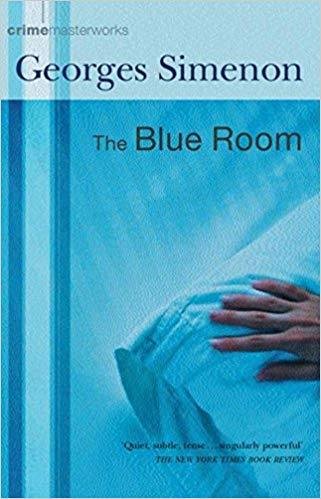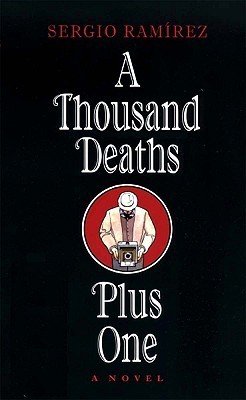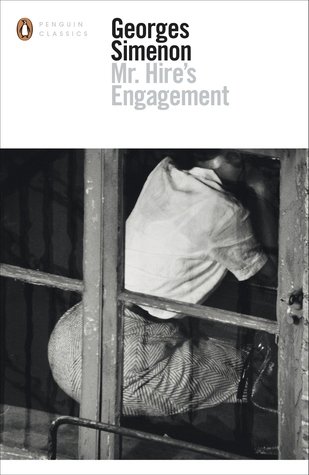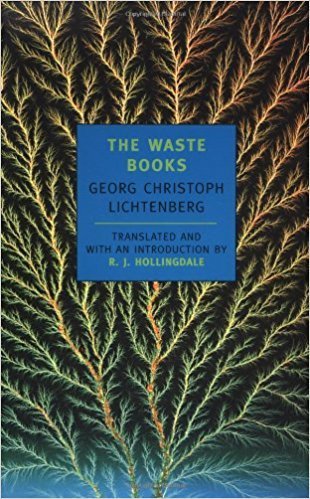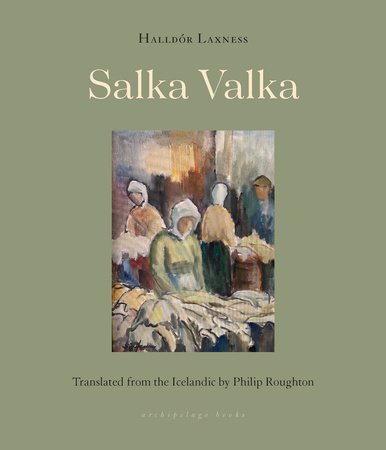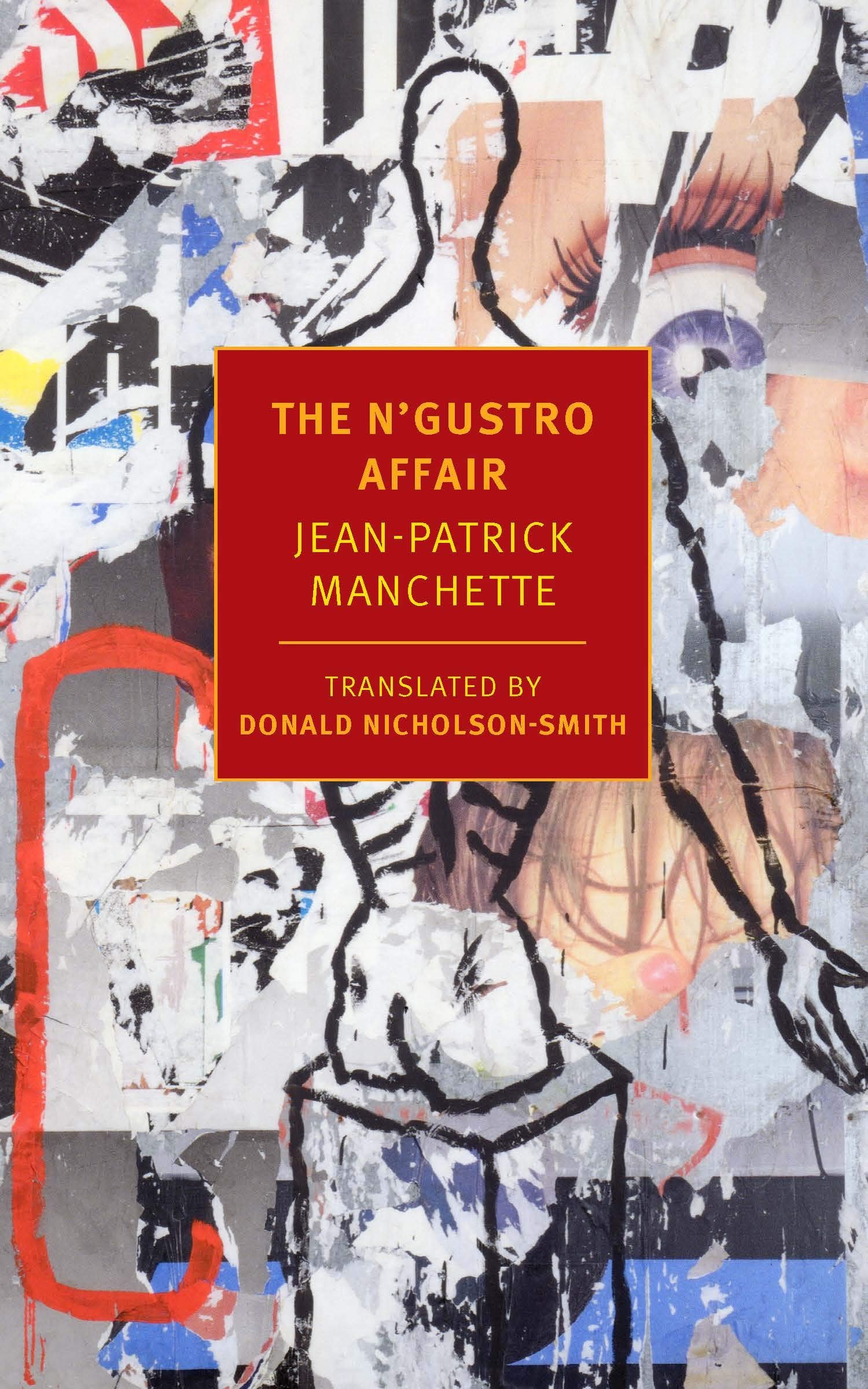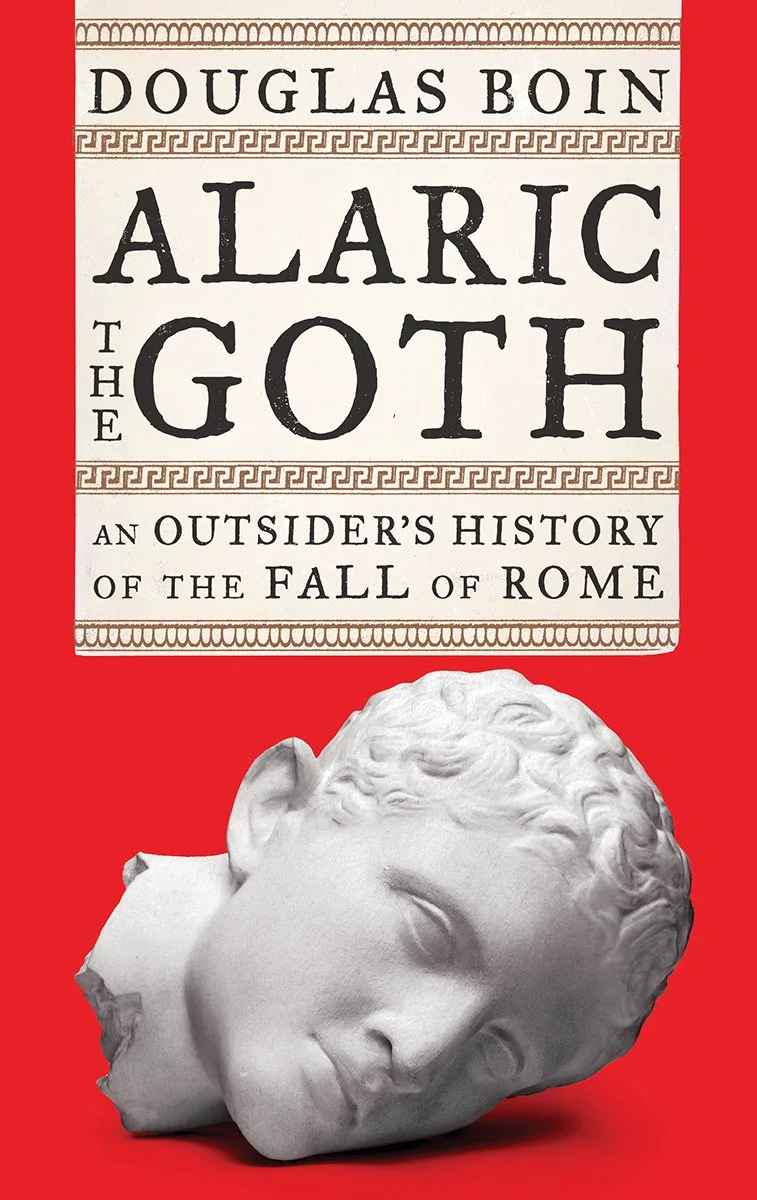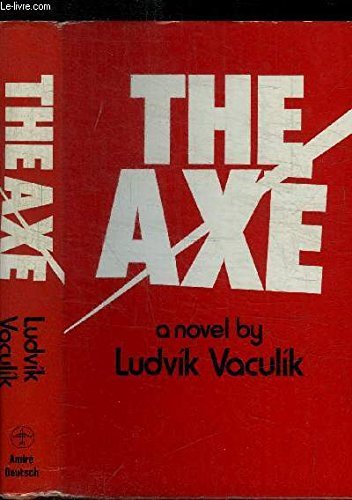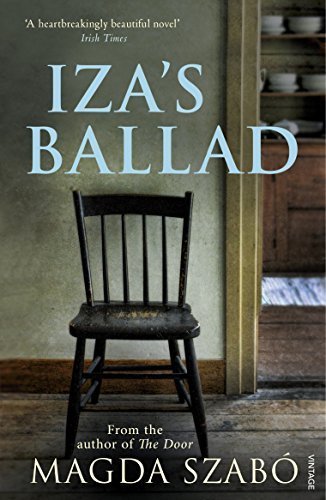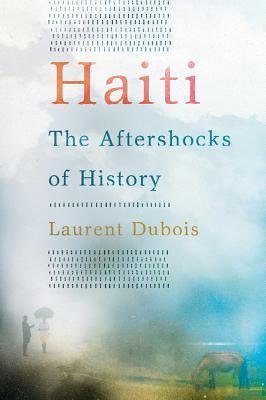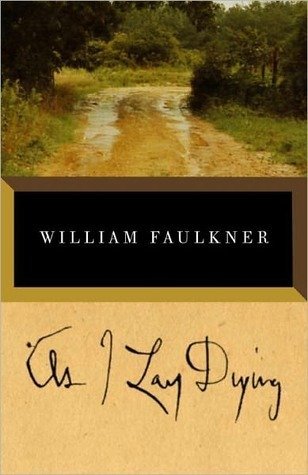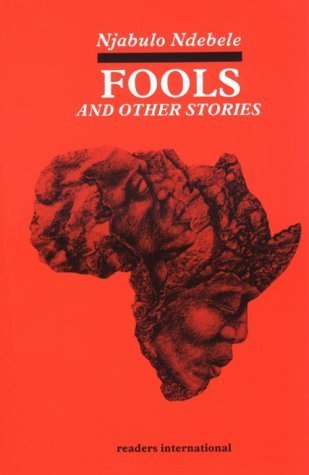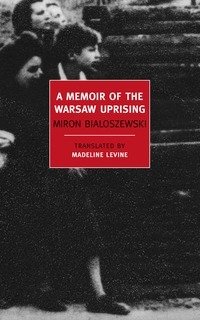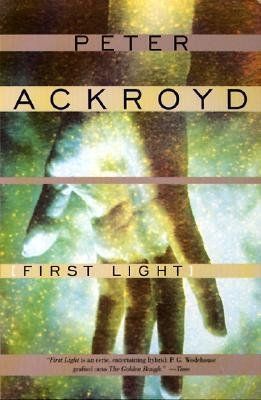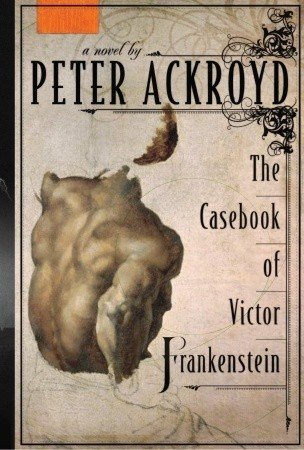Books I Read May 15th, 2022
It was my birthday this week and so rather than read a lot I went on some day trips and baked some amazing fucking bread.
Nuts, right? Anyhow, in between that I still managed to get through...
Le Grand Meaulnes by Alain-Fournier – The lovestruck misadventures of a melancholic Peter Pan as written by his chief lost boy in turn of the century rural France. An odd, elegant paean to friendship, melodrama, and lost youth. Good stuff.
Dilla Time: The Life and Afterlife of J Dilla, the Hip-Hop Producer Who Reinvented Rhythm by Dan Charnas – One afternoon some years ago I found myself at the Zimbabwe-South Africa border. I was driving south from Victoria Falls and wearing a J Dilla Changed My Life shirt. From what I can recall from that byzantine immigration procedure you needed a stamp certifying that your car was up to snuff, and a stamp agreeing that you personally should be allowed to exit the country. The line for the first was three people; the line for the second stretched out the door and looped the large building. I had settled in for a long wait when a security guard called me over. A lot of my time in Zimbabwe had been spent being touched for bribes so I was expecting the worst, but instead the guy asked me 'How Did J Dilla Change My Life?' Thinking he wanted me to to explain the shirt, I went on a quick shpiel about Dilla – your favorite producer's favorite producer, birth of Neo Soul, yadda yadda. Nodding approvingly, the security guard told me to give him my passport, then walked me to the front of the line and had the official stamp it.
I also strongly suspect I am the only person to ever work Dilla into a major work of published fantasy—perhaps a dubious tribute, perhaps, but that's neither here nor there.
Anyway, Charnas does a good job of explaining how Dilla earned such veneration during his brief career while also exposing many of the myths which sprung up around him before and after his premature demise. What emerges is a complex, contradictory figure, brilliant and mercurial. I found the book immense fun, and suspect even less vigorous devotees will enjoy it.













